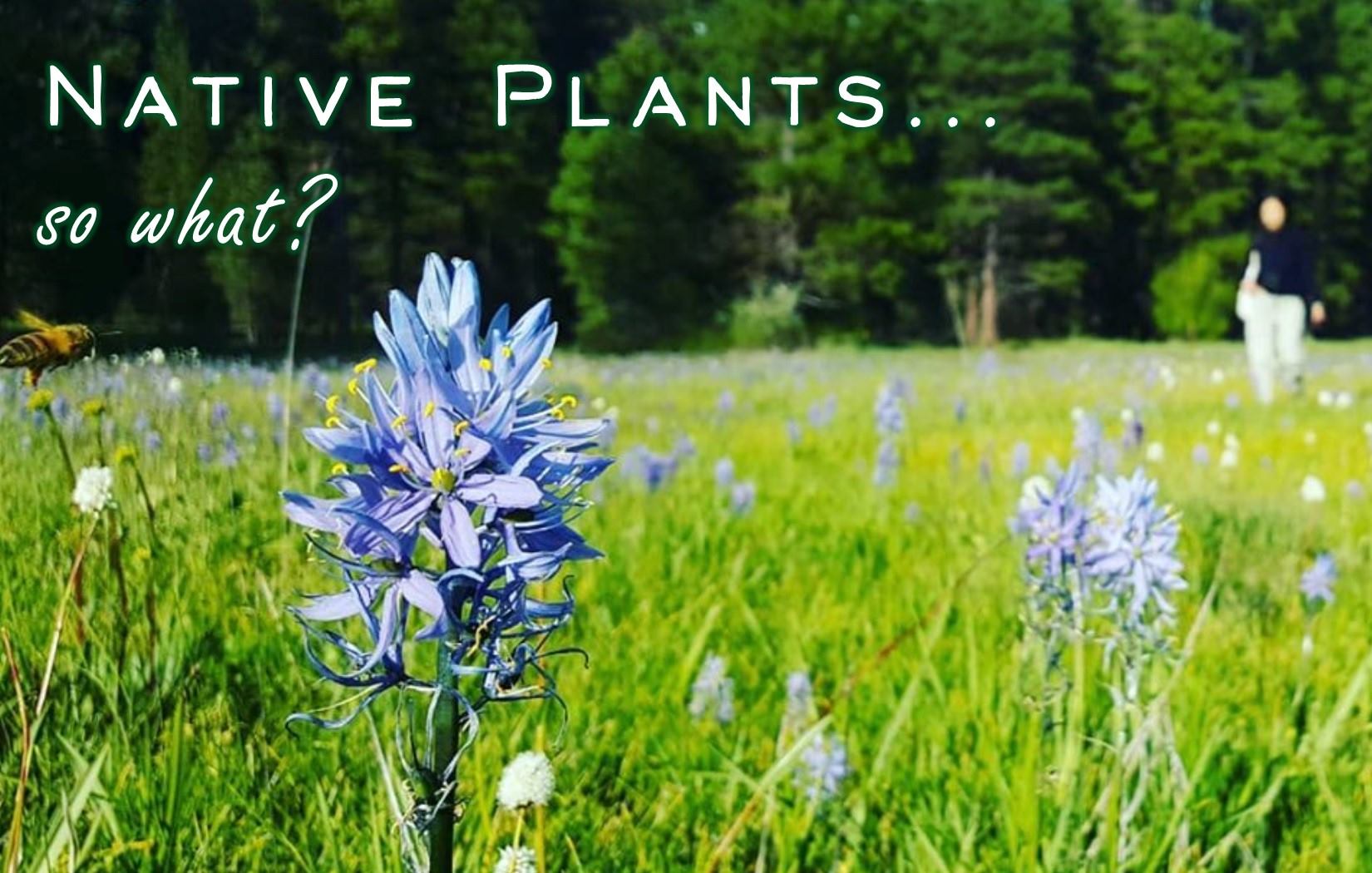The Importance of Native Plants in Your Garden
By now you have most likely heard about the native plant movement and the efforts to reduce the number of invasive plant species in our area. As more and more of our green spaces are becoming urbanized, it is on us as gardeners to protect native ecosystems on our own property. But why does this really matter? And who benefits from native plants? 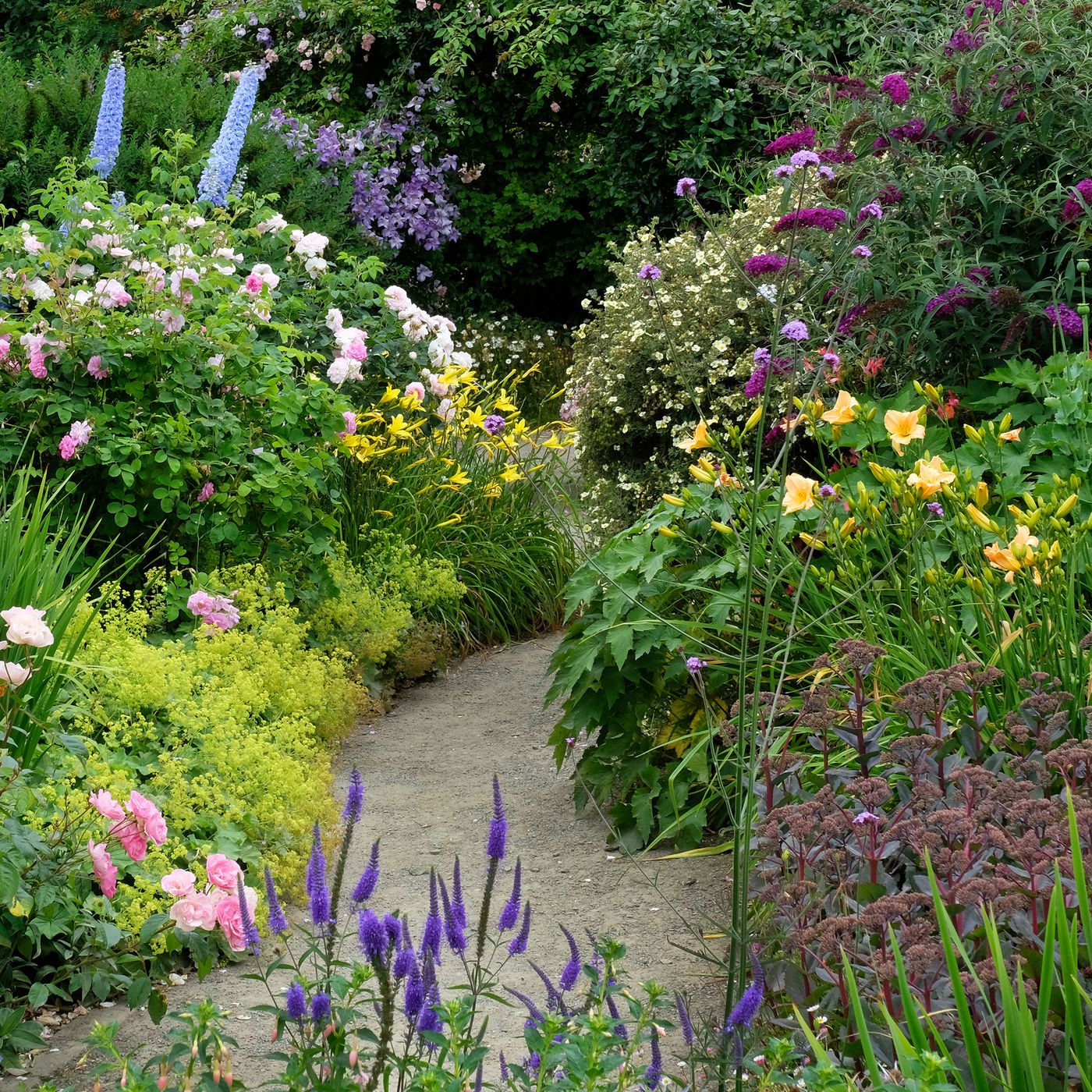
1. Do it for the picky eaters
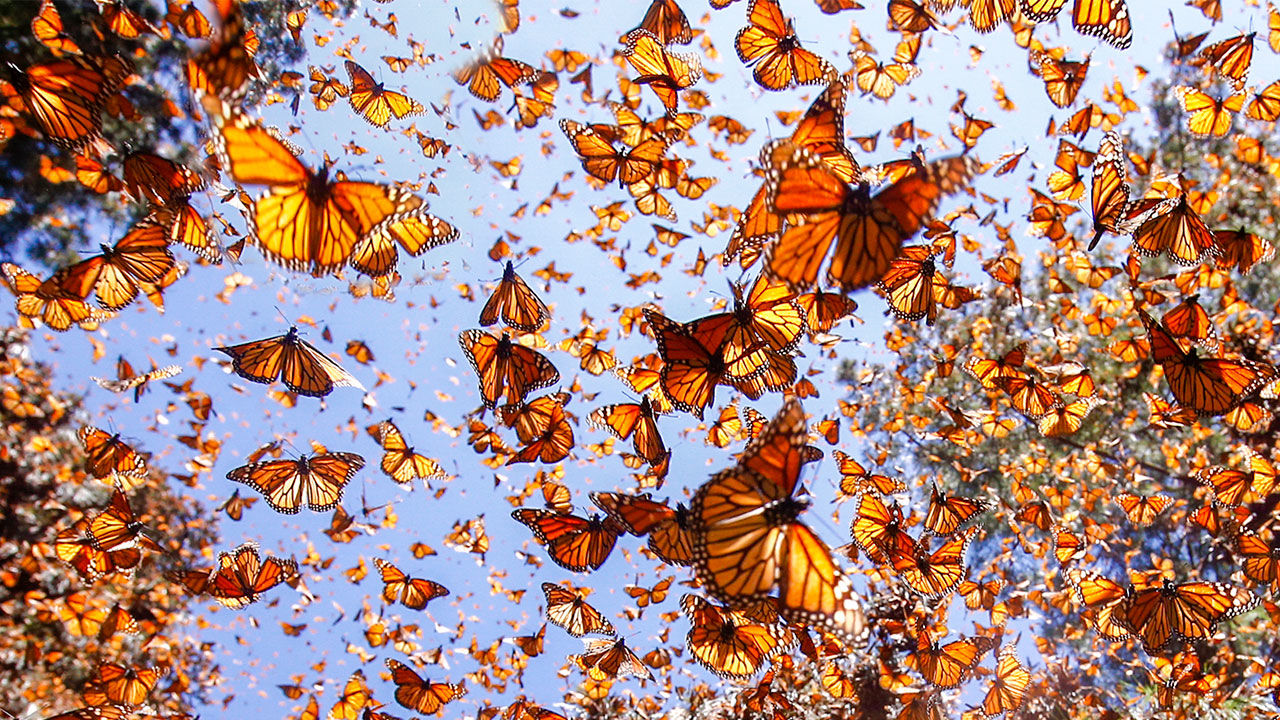
Native plants occurred in the region before settlement by Europeans. This is important because plants co-evolved here with plant, animal, and fungi species, and are adapted to the climate and soils of the region. Because all wildlife depends on those native plants they know so well and love for all the ecosystemic services they provide like food and shelter, they all co-depend on each other for survival. All food chains start with these important plants, every species either eats a native plant or eats another species that ate a native plant.
Most insects are “specialists” in what they can and can’t eat, meaning they have evolved for millions of years and adapted to only one or a select few plants in their environment for survival. This diet may seem limiting, but the monarch butterfly is a well-known example. Monarchs can only lay their eggs on the leaves of milkweed. Over centuries they have evolved an immunity to the plant’s toxic milky substance, and even store the toxins in their wings, making them less appetizing to predators. So when the native plants go, so do the insects. When the insects disappear, so do the mammals and birds. This is not an unusual trend.
2. Do it to make your life easier
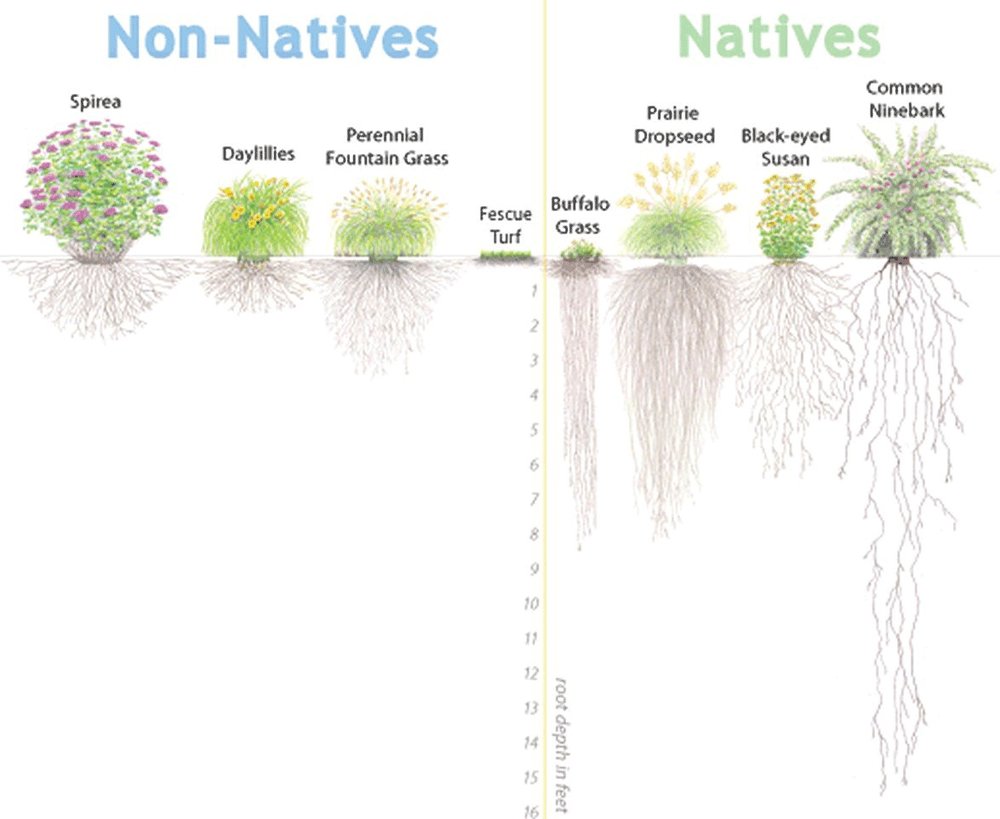
Because native plants are already adapted to the region, you don’t need to give them extra chemicals and fertilizers to thrive. The vast amounts of fertilizers and herbicides we are applying to our lawns are wreaking havoc on our rivers and waterways, harming wildlife in the Delaware River. They are also adapted to the rainfall in the area, so less watering for you! Native plants also tend to have deeper root systems, which not only mean they can store more water, but it helps prevent erosion and runoff as well. If you are looking for low-maintenance plants to add to your garden, make sure they are native to this region.
3. Do it for Pennsylvania’s biodiversity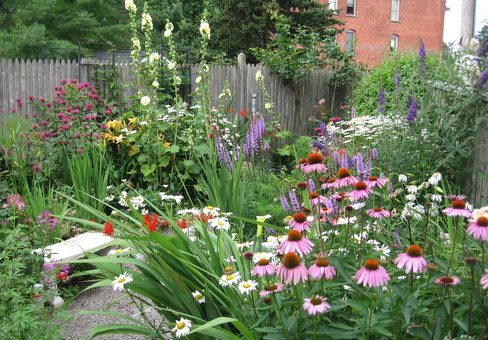
Lawns and gardens full of exotic ornamentals are essentially food deserts for wildlife. Native plants provide the food, cover, and places to rear their young. A good way to quantify the effect of native plants is to measure their “carrying capacity” for life. A mature oak tree will support over 280 species of insects alone, not including the vast types of birds, mammals, and fungi it then supports as a result. Because the wildlife rarely eat invasive species, they then have no competition and are able to spread more quickly, destroying more Pennsylvania ecosystems.
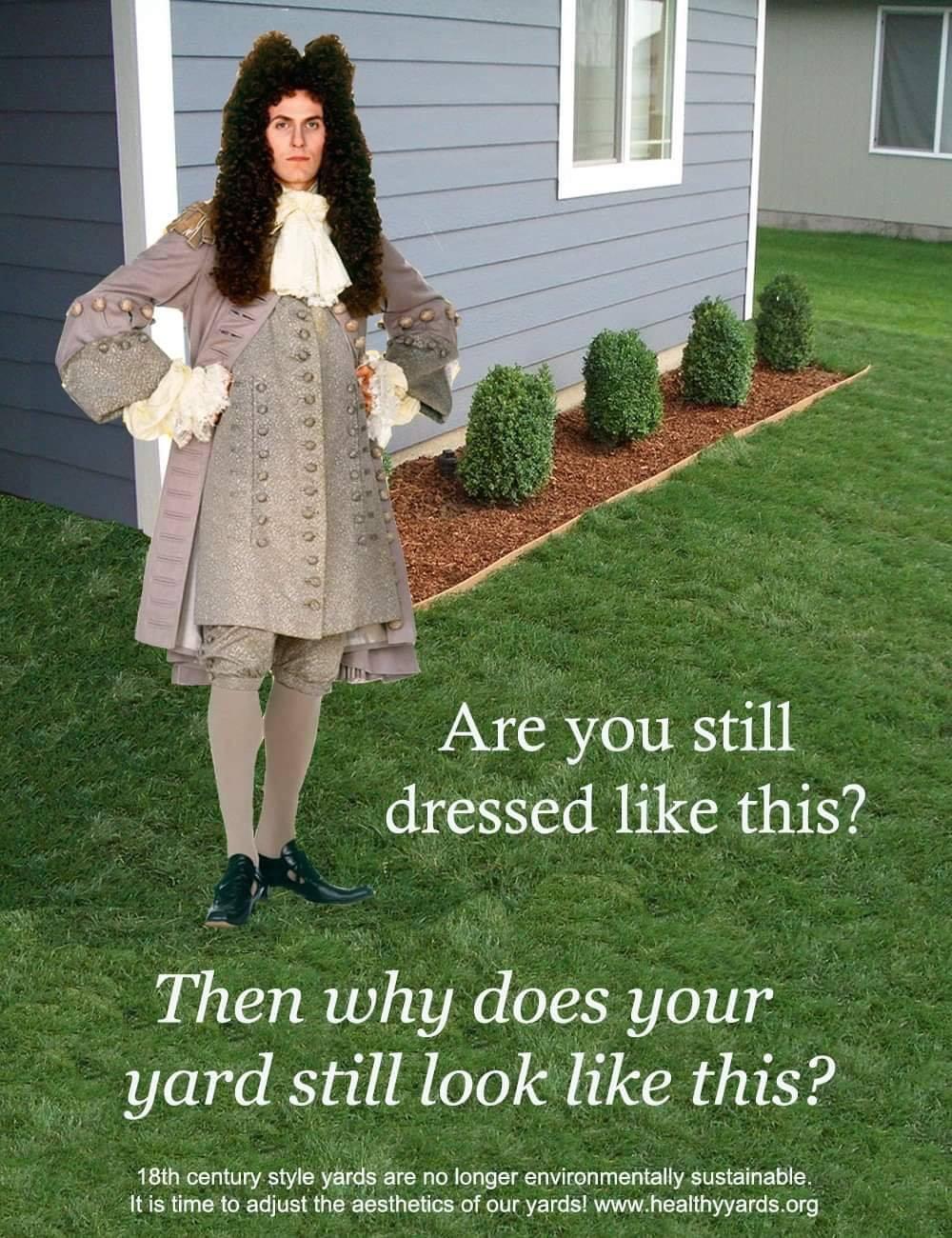
Maybe you haven’t thought of your garden as a wildlife preserve before, but as our shrinking green spaces become overrun with invasive plants, our gardens bear the burden of providing refuge for the plants and animals that were once abundant in Pennsylvania. You don’t need to go rip up every non-native plant, you can simply take small steps towards increasing the carrying capacity for biodiversity on your property. Maybe start by planting milkweed seeds. Everyone with a patch of land can take steps towards sustaining biodiversity. Gardening in this crowded world calls for both moral and ecological responsibilities.


